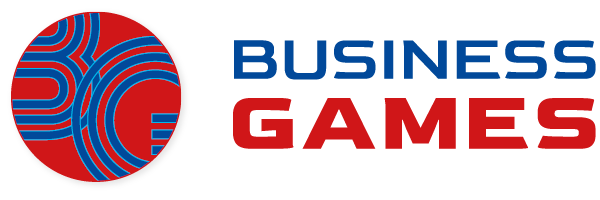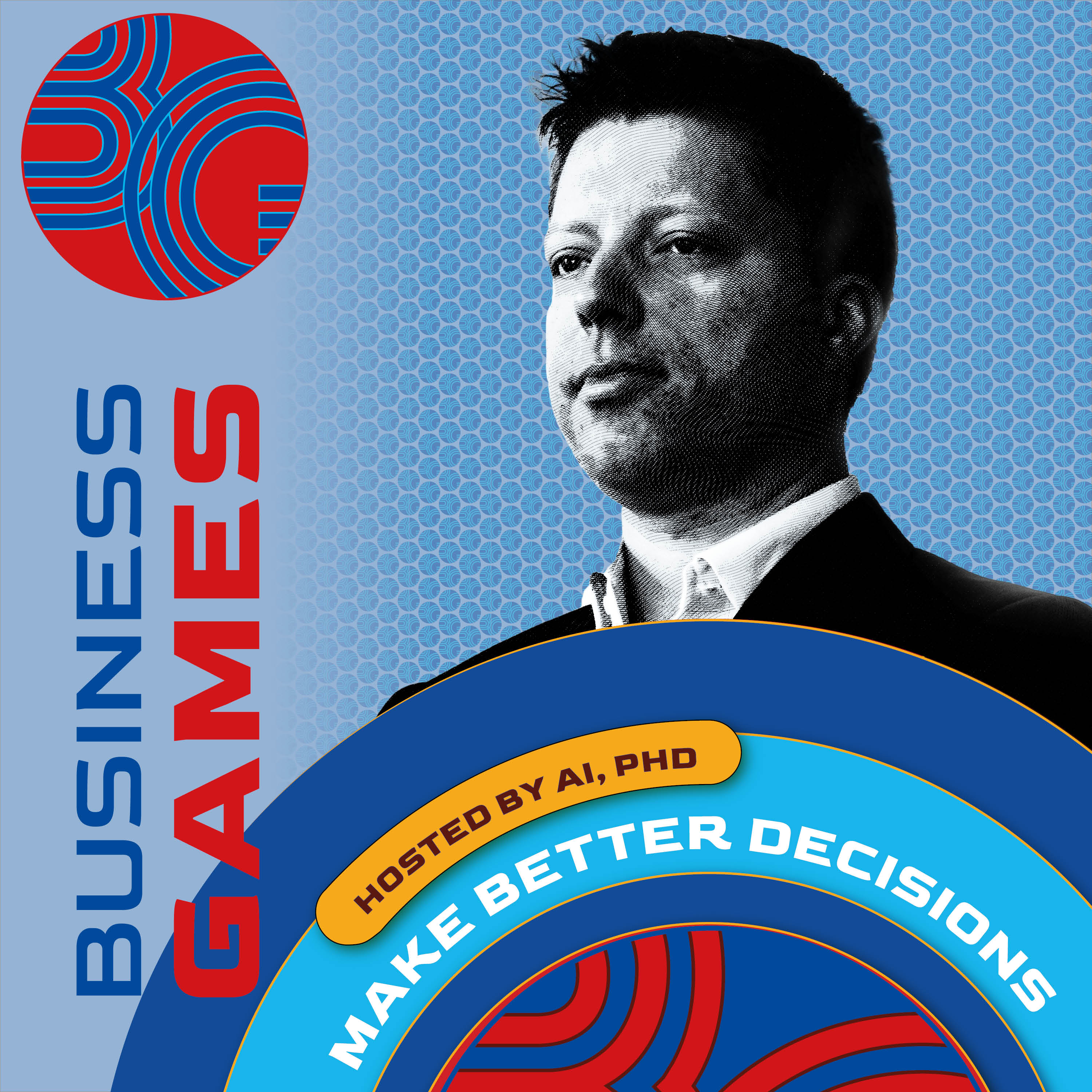A Dirty Dozen (Thinking Principles for Processing Information) | Learner's Digest S3.2 # 10
A word of caution: if you have an emotional response to the 2022-ongoing conflict in Ukraine, and especially if you believe the mainstream media narrative in the West and you are not ready to have this challenged, this might not be for you.
I'm happy to discuss the facts and my thinking, but I'd like to refrain from ad hominem attacks.
Finally, I have an agenda:
- I'm trying to challenge your thinking in order to strengthen it. To do so, I'll present to you my way of analysis, the signals I use, and the questions I pose. I will build a narrative that may or may not be your narrative (certainly, isn't the mainstream western punditry narrative) and I will try and defend this narrative using evidence. You may or may not agree—my job is to make you think, and to help you think better.
- I'm trying to influence people to find a helpful, lasting peace solution for the benefit of common Ukrainians—in my opinion, the current western position is neither correct in its narrative nor helpful for this goal. This requires a separate investigation.
I wrote a more personal note with my history as a Ukrainian in the previous newsletter post 2022 and 11/12-ths.
This topic by its nature will most likely be the most controversial we touch on.
Recently, I wrote the blog post NY Times: Disinformation Central? Or: How I Lost Trust in the Western Mainstream Media and What to Do About It, in which I investigate the New York Times in their mis-representation of facts on 4 counts: "Russian disinformation" campaign, changes of the narrative on Ukraine and Donbass from 2014 through to 2022, outright lies such as the (fake) claim of "massive rapes" propagated by the former Ukrainian Human Rights Ombudsman Denisova (who was fired by the Ukrainian Government for this lie), and protecting the NYT ownership while running hit jobs on competitors.
Read the post OR listen to the previous episode to get the full picture about the NY Times transgressions.
In this newsletter episode, I take parts of the NY Times piece and expand the principles I use when reading the news and processing information.
If you're OK with the above, let's go.
Content
- Previously on Business Games Re: Information Processing [03:18]
- Narrative Versus Reality: You Are Being Manipulated [07:14]
- How Much of a Problem Is It? [08:55]
- A Dozen Thinking Principles I Use [11:56]
- Frame of Reference = The Most Important Factor
- On Sources of Information [40:55]
- Is Wikipedia a Good Source? [41:20]
- Alternative Journalists to Follow on Ukraine and Beyond [43:50]
- Conclusion


